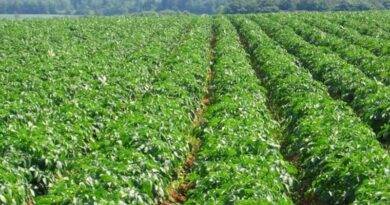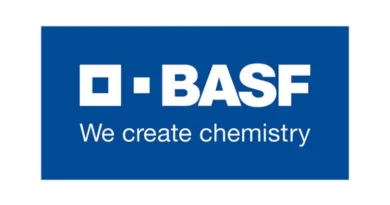Radical Bubble Technology For Agricultural And Environmental Sustainability
25 February 2021, UK: Exciting possibilities for more profitable, sustainable and productive farming are being offered by the emerging technology ‘ultra-fine bubbles’ (UFBs). The technology is being explored in a £250,000 Innovate UK-funded project, led by MagGrow UK in association with Agri-EPI Centre and the Centre for Crop Health and Protection (CHAP).
UFBs, also known as nanobubbles, are tiny, very stable and long-lasting bubbles, 100 times smaller than the width of a human hair, or about the size of a virus. Unseen by the naked eye, even when present in large numbers in water-based liquids, they do not rise to the surface and burst, but remain stable and buoyant for long periods of time, typically days and weeks.
The bubbles can carry gases, and substances of different kinds on their surfaces. Their stability and longevity offer great potential in agriculture for environmentally friendly spraying and irrigation, along with other applications that help address food security and environmental problems.
The use of UFBs containing ozone is already established in medical and industrial disinfection processes to kill bacteria and destroy viruses. UFBs are also used in oil, gas, and mineral extraction processes; pharmaceutical processes; food-flavouring; the production of cosmetic fragrancies; and in wastewater treatment.
While the technology is already generating huge market value in these sectors, its use in agriculture is still in its infancy. The purpose of the new project is to explore the potential for agricultural applications and integration with other technologies to provide innovative, environmentally friendly solutions for sustainable food security.
The project will initially focus on irrigation for delivery of the UFBs. Using Agri-EPI and CHAP’s shared soil and crop technology facilities alongside soil science expertise at Cranfield University, the project will compare the growth of plants treated with oxygen-containing UFB-water, with that of plants given untreated water. The aim of the study is to determine the effect on root development, nutrient absorption, growth and overall crop yield.
The project team believes UFBs potentially have a host of additional applications in farming, including supporting a reduction the quantity of chemical inputs required when spraying and irrigating crops to control pests and diseases.
Dr Anthony Furness, MagGrow’s Chief Scientific Officer, said: “From time-to-time a technology comes along that offers potential for revolutionary change and disruptive economic benefit, such as CDs and smart-phones. We believe that UFB technology has similar transformative potential for agriculture. The versatility of UFB technology, and recent advances in UFB research which have further validated its significance, suggesting too that there is huge potential for their use in advancing spraying and irrigation processes.
“Not only will this help serve to address global food security challenges and the question of how farming can be more sustainable, productive and profitable, it also offers huge potential for new enterprises and job creation across the UK.”
CHAP Innovation Hub Lead, Richard Glass, said: “Using the unique Phenotyping and Soil Health facility, CHAP, supported by key soil experts from its partner Cranfield University, will assess and explore the application of this innovative technology and its potential role in transforming UK crop production.”
Agri-EPI’s Chief Technical Officer, Dr Shamal Mohammed, said: “We’re excited to be contributing our expertise and capabilities in plant phenotyping – the ability to measure the structure and function of plants – to this project. UFBs offer great potential within agriculture and our research will allow us to greatly progress knowledge and understanding of useful UFBs treatments.”















